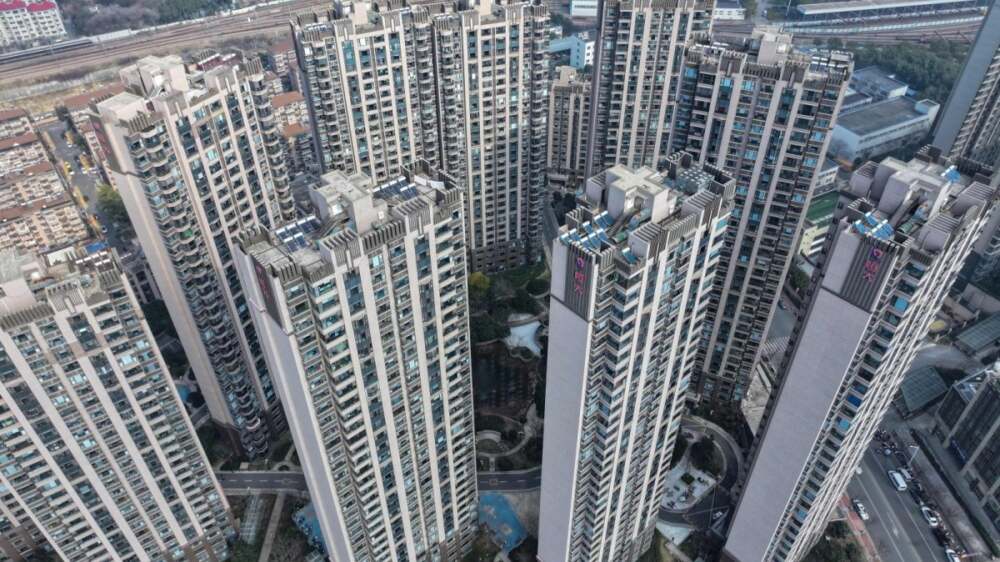China Evergrande Group, once a towering symbol of China’s rapid urban expansion, has officially been delisted from the Hong Kong Stock Exchange. The move marks the final chapter in the dramatic downfall of the world’s most indebted property developer and a turning point for China’s troubled real estate sector.
From Skyrocketing Growth to Collapse
At its height, Evergrande was worth nearly $50 billion and fueled by relentless borrowing to fund massive property projects across China. The company became synonymous with the country’s housing boom, selling apartments off-plan to millions of families and expanding into businesses ranging from electric vehicles to theme parks.
But the aggressive debt-driven model unraveled after Beijing introduced strict borrowing limits in 2020. Burdened with more than $300 billion in liabilities, Evergrande defaulted on its offshore debt in 2021, triggering global alarm and exposing deep vulnerabilities in China’s financial system.
The Delisting Process
Trading in Evergrande’s shares was suspended more than 18 months ago following failed restructuring talks and a Hong Kong court order to liquidate the company in early 2024. With no realistic path to resume trading, the exchange has now formally removed the company’s listing.
The collapse has wiped out virtually all shareholder value, with Evergrande’s market capitalization plunging by over 99% from its peak.
A Slow and Painful Liquidation
Liquidators have recovered only a fraction of the group’s declared assets, including high-profile items such as artwork, but the amount remains less than one percent of what was once claimed. Creditors, both domestic and international, are still locked in disputes over repayment, with many unlikely to recover much of their investments.
Efforts to hold auditors accountable for financial misstatements are also underway, as investigators probe years of inflated revenue figures and questionable accounting practices.
Symbol of a Larger Crisis
Evergrande’s downfall is more than just a corporate collapse—it represents the broader crisis in China’s property market. Dozens of developers have defaulted since 2020, leaving unfinished homes, unpaid workers, and disillusioned buyers across the country. The property slowdown has also spilled into China’s wider economy, dragging down growth and straining local governments reliant on land sales.
A Defining Moment for Beijing
The delisting underscores the end of an era defined by breakneck growth powered by heavy borrowing. For China, the challenge now lies in managing the fallout, rebuilding confidence, and ensuring that the real estate sector stabilizes without sparking wider financial instability.
Evergrande’s collapse will be remembered as a watershed moment—one that transformed China’s property sector from a driver of prosperity into a cautionary tale of overextension and unchecked debt.
















Leave a Reply